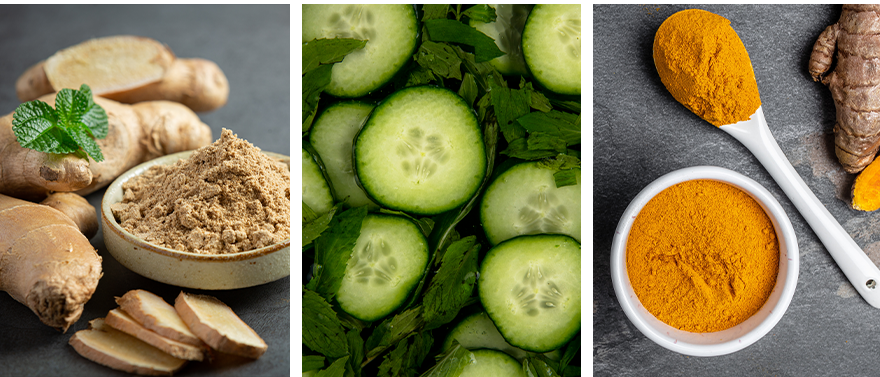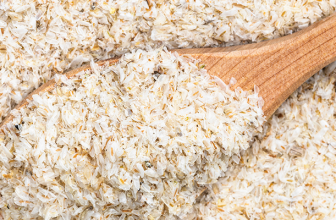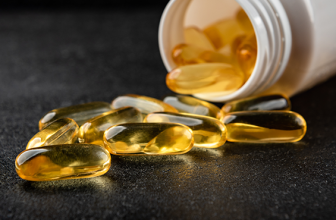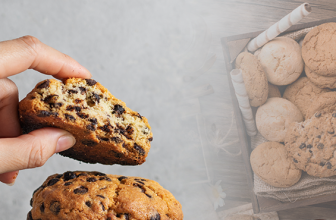
INTRODUCTION
If you are suffering from acid reflux disease, then you know how annoying it is to deal with the symptoms. You may feel like there is no cure for this issue and that there’s nothing that can be done about it. Thankfully, this is not true! There are many natural remedies for acid reflux disease that can help relieve your symptoms and even prevent them from happening again. In this blog post we’ll discuss some of these treatments so you can have a better idea of what will work best for your needs.
There are many natural remedies to help relieve acid reflux symptoms
There are many natural remedies that can be used to treat and prevent acid reflux.
These solutions are not only effective and safe, but they’re also easy to find, inexpensive and convenient.
Here’s a list of the best natural remedies for acid reflux:
Prevention is the best treatment.
The best way to treat acid reflux is to prevent it. This can be done by avoiding foods that you know are triggers for your acid reflux, and by eating smaller meals throughout the day.
When it comes to managing acid reflux, prevention is key. Avoiding foods that trigger your acid reflux will help keep symptoms at bay. If you know what foods cause your symptoms and how severe they are, consider keeping a food journal for a few weeks so that you can track what kinds of foods cause flare-ups and how often they occur in relation to other factors like stress or physical activity level.
You’ll also want to take care when drinking liquids since doing so may actually trigger more reflux than normal chewing would if we were talking about solid food instead of liquid ones! One way around this problem is simply using a straw while drinking—this allows air into the esophagus only after liquid enters our mouths but doesn’t let any additional fluid pass through until we finish drinking all our beverage safely without spilling any liquid down onto ourselves because someone forgot their napkin again 🙁
Chew your food slowly and thoroughly.
Chew your food slowly and thoroughly. Chewing your food properly is a great way to reduce acid reflux, because it helps you digest the food you’re eating more efficiently and reduces the amount of time that food spends in your stomach. Not only does chewing help you digest better, but it also prevents overeating, which can lead to acid reflux by causing distension of the stomach.
If you find yourself rushing through meals or gulping down liquids with meals, try slowing down—you may be surprised at how much better you feel afterwards.
Probiotics are your best friend.
Probiotics are live microorganisms that have a positive effect on our health. They’re found naturally in some foods, but you can also take a supplement to help boost your supply.
Probiotics help keep the good bacteria in your gut healthy by crowding out disease-causing bacteria and yeast. For example, they work to prevent Candida overgrowth from taking root in the digestive tract (Candida albicans is a common fungus that causes vaginal yeast infections).
Probiotics are available at most health food stores or online. You can buy individual strains or blends depending on what kind of symptoms you have—for example:
Kombucha tea is made from fermented black tea; it’s full of probiotics and naturally carbonated!

Keep it cool with cucumbers, celery, and
leafy greens.
The best part about eating cucumbers, celery, leafy greens and other cool foods is that they’re so good for you! Cucumbers are packed with vitamins A and C, which help keep your body hydrated. Celery is rich in potassium and calcium. Leafy greens like spinach and Swiss chard are chock-full of antioxidants (think vitamin K) that help fight inflammation in the body. All three vegetables also contain fiber to help push toxins out of your digestive tract.
These foods are easy to incorporate into any meal or snack: just chop them up and eat them raw! If you’re looking to add more flavor to your salad bowl or smoothie bowl, try adding some vinegar (like apple cider vinegar), mustard or lemon juice—all natural ingredients that will make those fresh veggies taste even better! Just don’t use too much—you want just enough for flavor without overwhelming the other flavors in your dish.
Go for ginger, it’s the best thing.
Ginger is the best thing to eat when you have acid reflux. It’s an antacid and can help reduce nausea, it has Vitamin C and anti-inflammatory properties, too. You can buy fresh ginger or take ginger pills or tea.
There are many delicious ways to eat ginger: drink a cup of hot water with freshly grated ginger root every morning before breakfast; add grated fresh ginger root to stir fries; try mixing it into your favorite sauces for burgers or fish; grate thinly sliced young raw green shoots on top of salads instead of mint leaves; add finely chopped dried powdered root (or fresh grated) to smoothies and juices for a spicy kick!
Turmeric is also a good solution for acid reflux disease.
Turmeric is an anti-inflammatory and a powerful antioxidant. It can help with digestion, arthritis, joint pain and heartburn. The root of turmeric contains curcumin which is a substance that helps to reduce inflammation. Turmeric also contains cumin seeds, which have been shown to be effective against acid reflux disease by reducing the amount of acid in your stomach by up to 40%.
• Add 1 tablespoon of turmeric powder into your food each day
• Add some ground cumin seeds into whatever you are cooking
Conclusion
As you can see, there are many natural remedies you can use to help relieve your acid reflux symptoms. Prevention is the best treatment, so make sure that you are eating properly and chewing slowly. If you want to take things even further, try adding some probiotics into your diet or getting more exercise. Whatever you do, don’t forget about turmeric!







